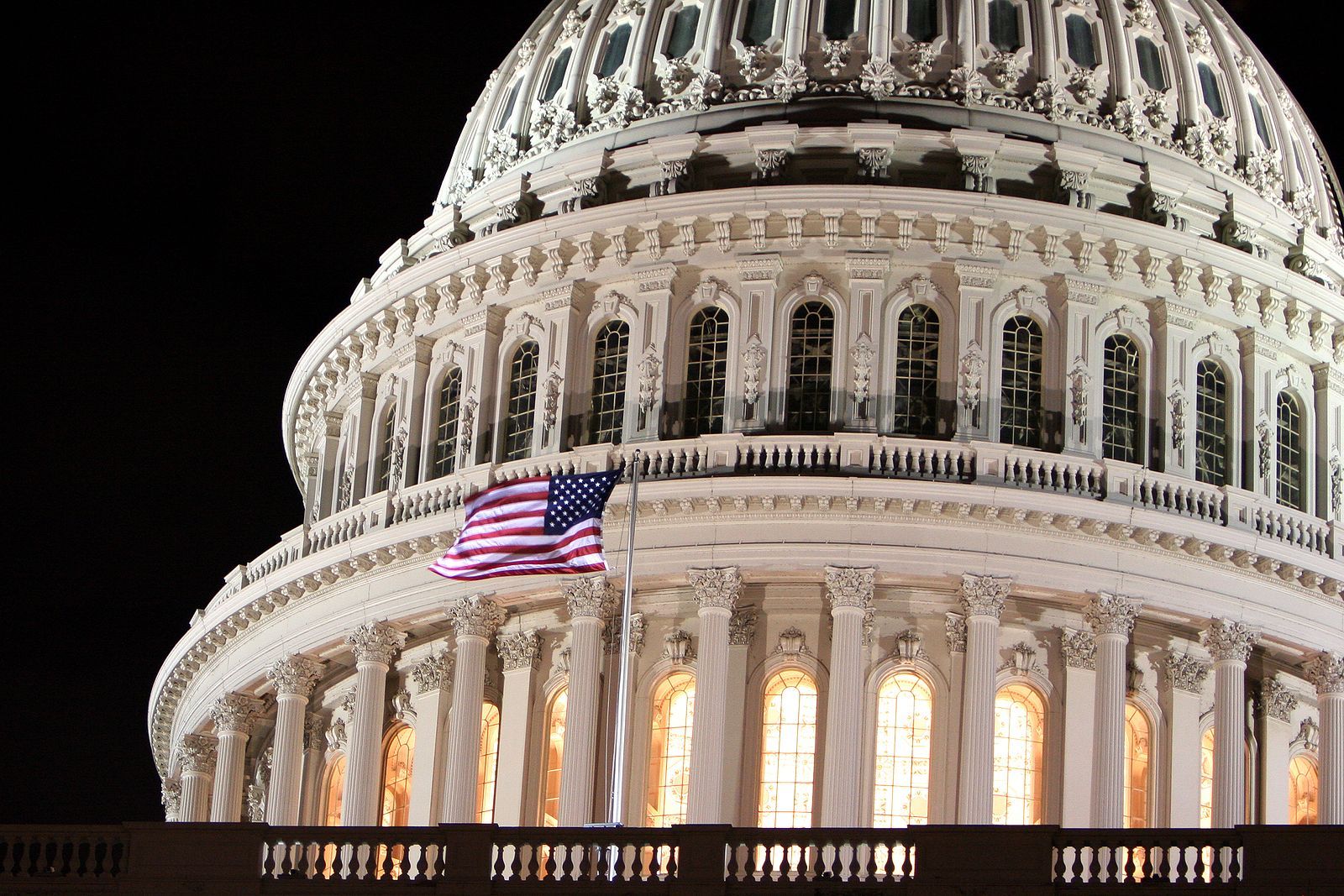OBBBA is Now Law – What You Need to Know
The One, Big, Beautiful Bill Act (OBBBA) was signed into law on July 4, 2025. At almost 900 pages, this bill has some important tax legislation that will affect a broad range of taxpayers. Certain provisions of the tax legislation enacted during President Trump’s first term, the Tax Cuts and Jobs Act (TCJA), have been extended and some have been made permanent. OBBBA also incorporates several of President Trump’s campaign pledges, some of which include rollbacks of certain credits related to clean energy. Below is a summary of some of the major elements of the new law.
Major changes that affect individual taxpayers
- Increased State and Local Tax (SALT) Deduction Cap: The previous $10,000 SALT cap is raised to $40,000 for certain taxpayers, but this is a temporary measure set to expire after 2029 and revert back to $10,000. The increased cap phases out for higher earners.
- Tip income of up to $25,000 in certain industries is now an “above the line” deduction for 2025 through 2028, with income-based phaseouts (payroll taxes still apply).
- The bill provides a temporary above-the-line deduction of up to $12,500 ($25,000 in the case of a joint return) for qualified overtime compensation, with income based phaseouts.
- Taxpayers who do not itemize are now allowed a permanent deduction for charitable contributions beginning in 2026 ($2,000 for joint filers and $1,000 for taxpayers filing single).
- The federal gift and estate tax exemption amount is now permanently increased to $15 million for individuals and $30 million for married couples beginning in 2026. The exemption will be adjusted annually.
- The 20% qualified business income (QBI) deduction for owners of sole proprietorships and pass-through entities is now permanent.
- The bill increases the amount of nonrefundable child tax credit to $2,200 per child beginning in 2025 and indexes the credit amount for inflation. The bill also makes permanent the $1,400 refundable tax credit adjusted for inflation.
- Beginning generally after 2025, taxpayers lose several clean energy tax credits. These include the clean vehicle, energy-efficient home improvement and residential clean energy credits.
- The standard deduction is now almost doubled, a permanent change.
- Personal exemptions are now permanently eliminated, however a temporary $6,000 deduction is allowed for taxpayers who are age 65 or older, with income phaseouts, this will be in effect for the years 2025 through 2028.
- The mortgage debt limit for the home mortgage interest deduction is now permanently limited to $750,000 ($375,000 for separate filers) but now includes mortgage insurance premiums as deductible interest. The interest deduction on home equity debt is now permanently eliminated.
- Miscellaneous itemized deductions are now permanently eliminated, except for unreimbursed educator expenses.
- The individual tax rates under the TCJA are now permanent.
Impact on Businesses
- Research-and-development expenses: The bill allows taxpayers to immediately deduct domestic research or experimental expenditures paid or incurred in tax years beginning after Dec. 31, 2024.
- The bill permanently extends the Sec. 168 additional first year (bonus) depreciation deduction. The allowance is increased to 100% for property acquired and placed in service on or after Jan. 19, 2025.
- The bill increases the maximum amount a taxpayer may expense under Sec. 179 to $2.5 million, reduced by the amount by which the cost of qualifying property exceeds $4 million.
- The employer credit for paid family and medical leave is now permanent, with certain modifications.
- The exclusion for employer payments of student loans is now permanent, with annual inflation adjustment.
- The bill reverts to the prior rule for Form 1099-K reporting, under which a third-party settlement organization is not required to report, unless the aggregate value of third-party network transactions with respect to a participating payee for the year exceeds $20,000 and the aggregate number of such transactions with respect to a participating payee exceeds 200.
The above summary is only a portion of key provisions within the new law. There will be a variety of new regulations to follow in order to implement to law. Detailed guidelines, including caps, floors, phaseouts and other limits are embedded within this sweeping new legislation. Your Stone & Company tax advisory team will be monitoring developments as we work with our family of clients to navigate the new law, maximizing tax savings and minimizing tax liability within the new rules.
Diane West is a tax advisory CPA at Stone & Company, a CPA firm based in Lexington, Massachusetts www.stonecpas.com
ALWAYS PASSIONATE ABOUT DRIVING GROWTH





